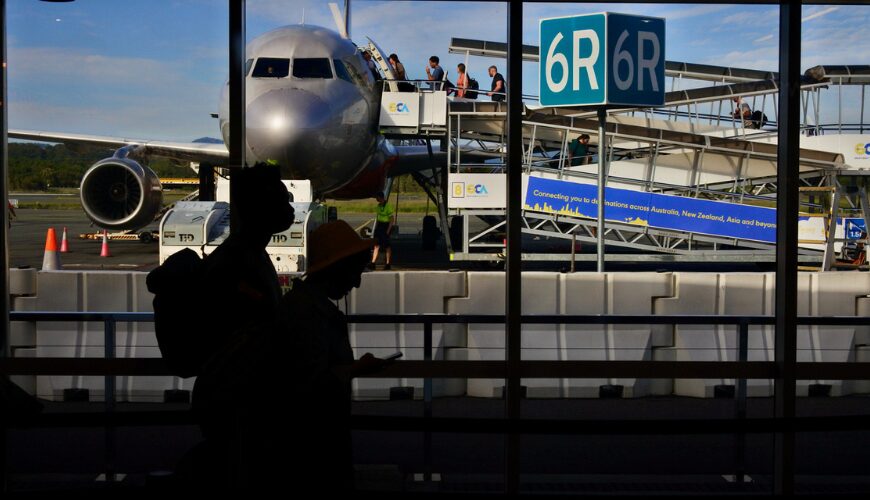Fewer Migrants Could Drive Up House Prices in Australia: Here’s Why

Migration and the Housing Crisis in Australia
Many people think that closing Australia’s borders could fix the ongoing housing crisis, but studies suggest otherwise. KPMG’s economic analysis shows that a decade-long halt on migration might actually raise property prices by 2.3% by the mid-2030s, along with causing other negative economic effects.
Current Migration Trends
Following a surge in net migration after COVID-19 lockdowns, concerns about housing affordability have intensified. A recent survey found that 78% of Australians view housing access as a “national crisis”. Furthermore, 67% believe reducing migration might ease pressure on the housing market.
The Economic Impact of Migration
Contrary to popular assumptions, economists like KPMG’s chief Brendan Rynne argue that migration benefits Australia’s economy. With an ageing population, migrants—typically younger and more educated—bring vital skills and fresh ideas.
Rynne analysed limiting population growth to natural increases, which would see Australia’s population grow at only 0.4% annually for the next decade. This contrasts with the predicted 1.3% growth from migration, leading to a population of about 29 million by 2035 instead of 31.2 million, resulting in a smaller economy.
Labour Market and Wages
Interestingly, a reduced workforce could raise wages, with estimates suggesting a 7.5% increase over ten years without migration. This could lower unemployment rates; however, Rynne warns that overall losses to the economy would increase over time if migration is restricted.
Long-Term Consequences
Australia’s fertility rate stands at 1.6 children per woman, below the 2.1 needed for replacement, risking a shrinking population. This decline could lead to stagnation, similar to Japan and Italy’s experiences. Additionally, slower population growth could impair the government’s ability to fund essential services, leading to a projected budget deficit of $87 billion by 2035.
What About Housing Prices?
While demand for housing may decrease, fewer construction workers could mean overall housing prices increase. Higher wages may seem beneficial but could trigger inflation, undermining the value of the extra income.
In summary, while reducing migration might appear to be a simple answer to housing challenges, the broader economic consequences reveal that a balanced and well-managed migration programme is essential for Australia’s long-term prosperity.
What do you think?
Have a question about this topic or your own plans to move to Australia? Scroll down and leave a comment. We’d love to hear from you.
Thinking about moving to Australia?
Join our free and supportive community at Oz Visa Forum.
Post in our forums to get advice and support from people who’ve already made the move.
Not sure where to start? Click here to get started







Responses